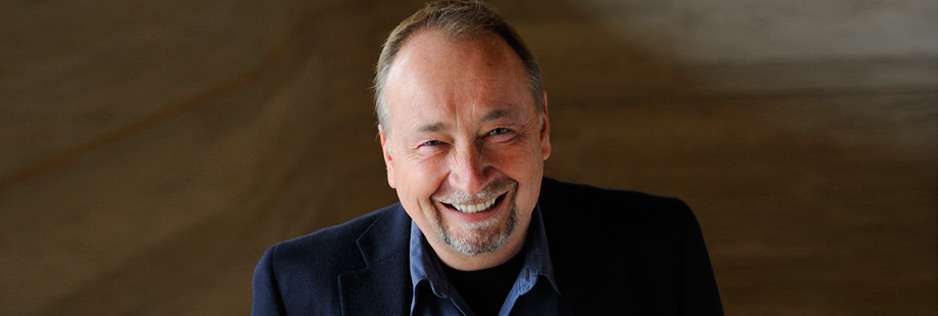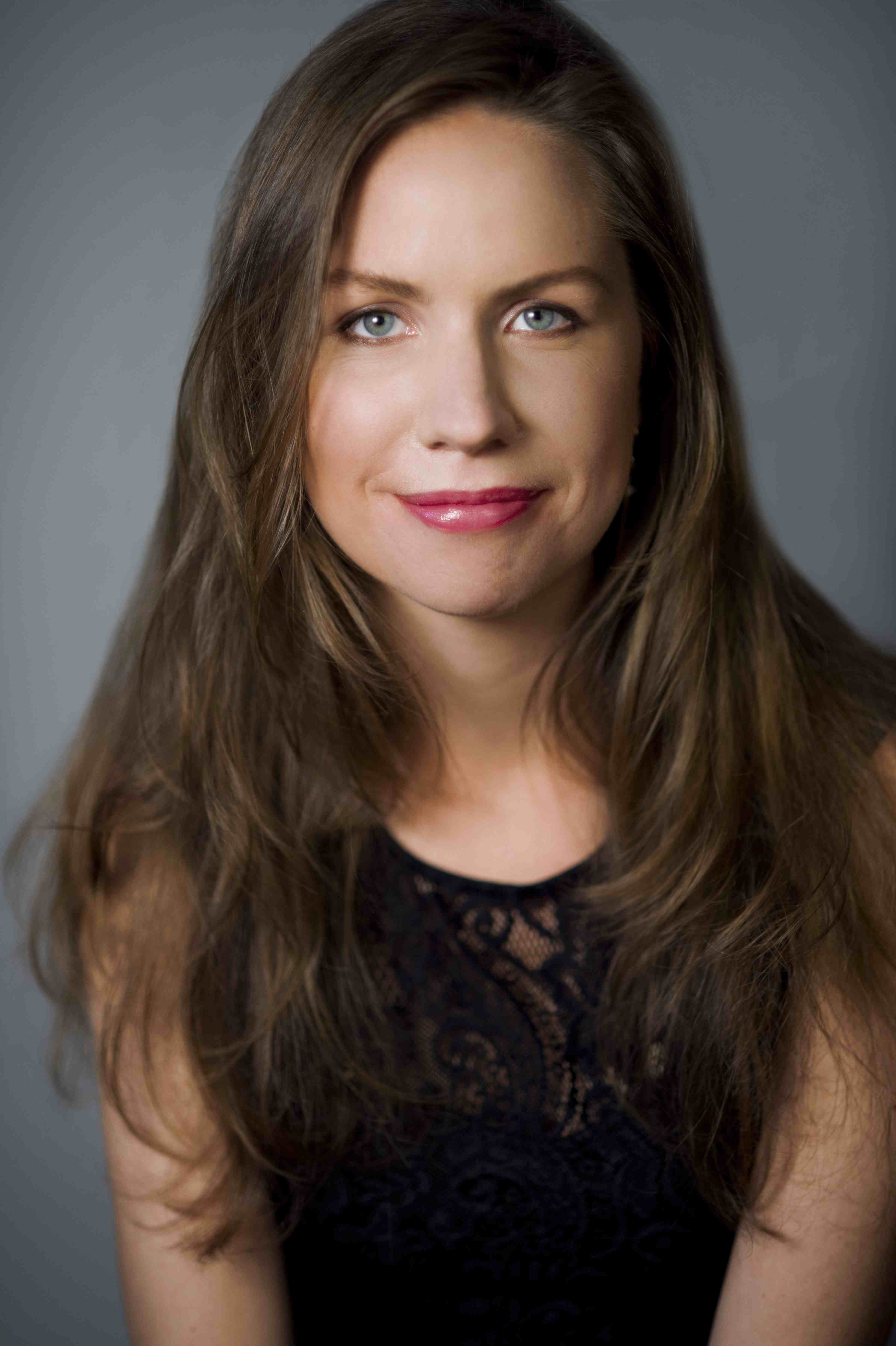|
Back
Bountiful Honors New York
Zankel Hall, Carnegie Hall
01/18/2013 -
Orchestra Underground: Time Travels
Lukas Foss: Time Cycle
Kyle Blaha: Tryptich (World Premiere)
Zhou Long: Bell Drum Towers (US Premiere)
Kate Soper: now is forever: I. Orpheus and Eurydice (World Premiere)
Kate Soper, Jennifer Zetlan (Sopranos)
American Composers Orchestra, George Manahan (Music Director & Conductor)

G. Manahan (© Richard Bowditch)
The American Composers Orchestra, as always, was due special honors for its special programs last night, in this case two world premieres, one American premiere and one classic work which I have never heard live in New York.
In this case, the honors were doubled, since their conductor/Music Director George Manahan, was given the very prestigious 2012 Ditson Conductor’s Award. Not only as “the conductor’s conductor par excellence” but for his championing of American music ever since taking over the American Composers Orchestra (ACO) in 2010.
Nor did he fail here, with three new pieces that surveyed a whole landscape of styles and forms.
I had a personal regard for Pulitzer Prize-winning composer Zhou Long’s Bell Drum Towers (ACO/Underwood Commission). I had seen these towers in several northern Hong Kong villages and older parts of China (alas, fewer and fewer), and never asked their purpose. Zhou Long explained how the drums and bells were used to regulate day and night duties. And he put them into music, though rarely with bells and drums themselves. Instead, he presented a pointillistic picture from the ACO. I am reluctant to say the he was depicting a Chinese day, from natural sounds to klaxon horns, back to silences. Zhou Long is too subtle for those literal pictures, though one has a temptation to put this description in. Instead, it was an abstraction of sounds which, until the full ensemble, was like a Paul Klee painting, its little motifs and themes gingerly peeking and sighing and disappearing again.
One doubts that Kyle Blaha would appreciate being called a neo-romantic, but his Tryptich (ACO/Jerome Foundation Commission) had surges, crescendos and developments that could have come from the School of Barber and Diamond. The first two movements came from an entrancing set of sounds from harp, marimba and strings, working into a work of frequent consonance, and a third movement with a commotion of carefully placed gyrations from the orchestra, with echoes of the original themes.

K. Soper (Liz Linder/katesoper.com)
Many are composers who write a piano concerto for their own fingers to premiere. Kate Soper, a soprano who can soar and caress and reach the highest notes without any effort at all, wrote the first part of a planned three-part work now is forever: I. Orpheus and Eurydice (ACO/Peter Heller Fund Commission) for herself. And it is doubtful if anybody else would dare try to sing it!
It was based on a beautiful poem by Jorie Graham, an exposition of that moment–that fractional instant–when Orpheus turns back to look at Eurydice, the inevitability of Fate, and it was sung with all the drama at hand.
While I was impressed (okay, astounded) by Ms. Soper’s voice, I realized soon that this scena was more orchestral than vocal. Ms. Soper used heavy brass chords to underline her own line, bringing a gravity, a solemnity to the situation which voice alone could not conquer.
In fact, it occurred at the end, that had Richard Strauss been living in America in 2012 with a soloist like Kate Soper, this would have been his Elektra, his Salome.
The final work was already fairly well known, Lukas Foss’ Time Cycle, which–like Elliott Carter’s Tempo e Tempi, played earlier last week at Poisson Rouge–was a song cycle dealing with the passing of time. Two English poems, by Auden and Houseman, and two German works, from Kafka’s diaries and Nietzsche’s Zarathustra showed the mastery of the composer. Where his Baroque Variations were like a complex game, Time Cycle seriously encountered the passing of time, as tragedy and, to a degree, comedy.
Jennifer Zetlan was the most adept soprano in four of the five works. (Foss had eliminated the original improvisatory interlude, since, as he explained, “Nobody could improvise in a way that would be relevant to the songs.” In other words, he took these songs very seriously, the way Ms. Zetlan sung them.)
The first two were ironic, and tragic. Auden’s begins with the philosophical concept that “clocks cannot tell our time of day”, explaining that death “is not understood by death, nor you, nor I.” It was sung as a subtle canon, Ms. Zetlan deftly singing her way through the orchestral motifs. The second, Houseman’s quatrain that “the taste is sour of all I ever did,” was–like Zhou Long’s Bell Drum Towers–a simulated idea of bells ringing, in this case bells jostling against each other with the singer. The Kafka is like a windy day (in Prague?), while the Zarathustra excerpt, with instruments played at the edge of the stage is Foss’s experiment in spatial sounds.
Except that for such an important work, Foss was not simply an experimenter, but a composer searching for meaning. Ms. Zetlan and the entire orchestra expressed it with poignancy, sharp playing and, as always, Mr. Manahan’s conducting skills.
Harry Rolnick
|